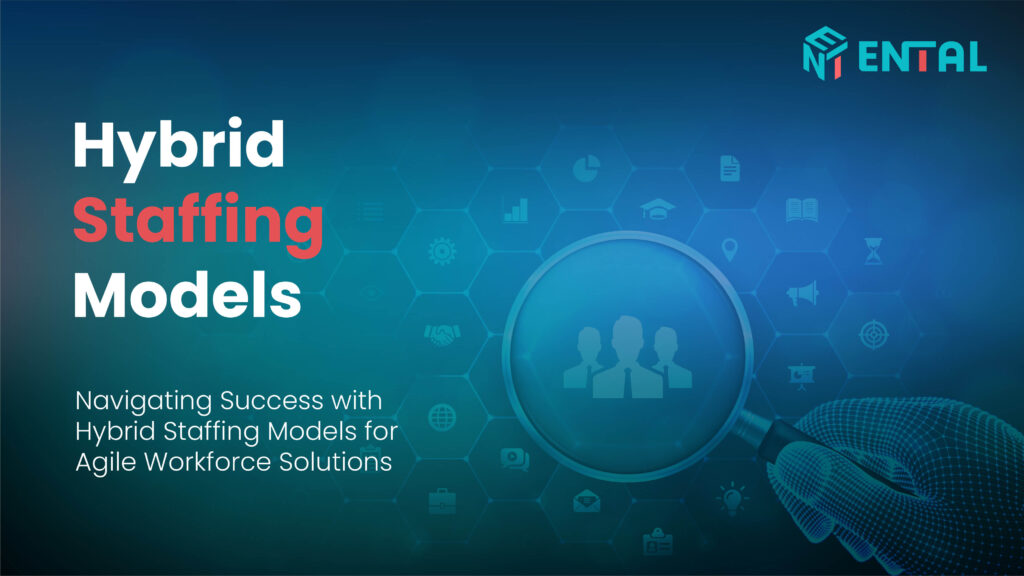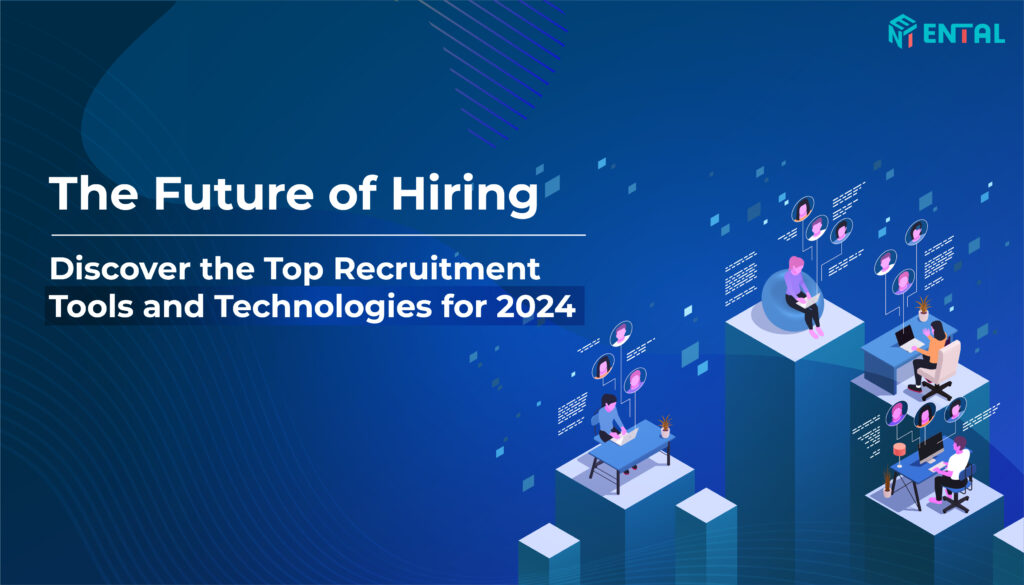BLOG
OUR LATEST NEWS
- Home
Hybrid Staffing Models: Reading the Future of Workforce Augmentation

Gone are the days when workforce augmentation was confined to traditional hiring practices. Today, businesses operate in a dynamic environment characterized by rapid technological advancements, shifting market trends, and changing consumer preferences. As a result, the traditional dichotomy between permanent and contingent employment no longer suffices. Instead, organizations are turning to hybrid staffing models that offer the best of both worlds.
Combining the stability of traditional employment with the flexibility of contingent work arrangements, hybrid staffing is reshaping the way businesses approach workforce augmentation. Hybrid staffing blends the benefits of permanent employees with the agility of contingent workers. It allows businesses to maintain a core team of full-time employees while leveraging temporary or contract workers to fulfill specific project needs or address fluctuations in workload. This dynamic approach ensures that organizations have the right mix of talent to drive productivity and achieve strategic objectives.
Advantages of Hybrid Staffing Models
➢ Agility and Flexibility: Businesses can scale their workforce up or down seamlessly in response to changing market demands or project requirements. Whether it’s scaling up for a new product launch or downsizing after project completion, hybrid staffing provides the agility needed to adapt quickly.
➢ Access to Specialized Skills: With hybrid staffing, organizations can tap into a vast talent pool encompassing a diverse range of skills and expertise. Whether it’s IT specialists, marketing professionals, or finance experts, businesses can access specialized talent on-demand to address specific needs or fill skill gaps within their teams.
➢ Cost-Efficiency: Hybrid staffing offers significant cost savings compared to maintaining a fully permanent workforce. By leveraging contingent workers for short-term projects or seasonal demands, businesses can avoid the overhead costs associated with hiring full-time employees, such as benefits, training, and salaries during downtime.
➢ Risk Mitigation: By diversifying their workforce through hybrid staffing, organizations can mitigate risks associated with market volatility, economic downturns, or unforeseen disruptions. Having a flexible staffing model ensures business continuity and resilience in the face of uncertainty.
Rise of Hybrid Staffing in Current Business Landscape
Recent reports underscore the growing significance of hybrid staffing models in today’s business landscape. Several businesses have been reported leveraging hybrid staffing solutions to optimize their workforce strategy. This trend reflects a fundamental shift in how organizations approach talent acquisition and management, highlighting the increasing demand for flexible, agile staffing solutions. With hybrid staffing poised to become the new norm, now is the time for businesses to embrace this transformative approach and position themselves for success in the future of work.
As such, in today’s dynamic business environment, embracing hybrid staffing models is essential for organizations looking to stay ahead of the curve. As businesses navigate the complexities of the modern marketplace, the importance of workforce augmentation cannot be overstated. With hybrid staffing models, organizations can unlock new opportunities, drive innovation, and achieve sustainable growth in the years to come.



